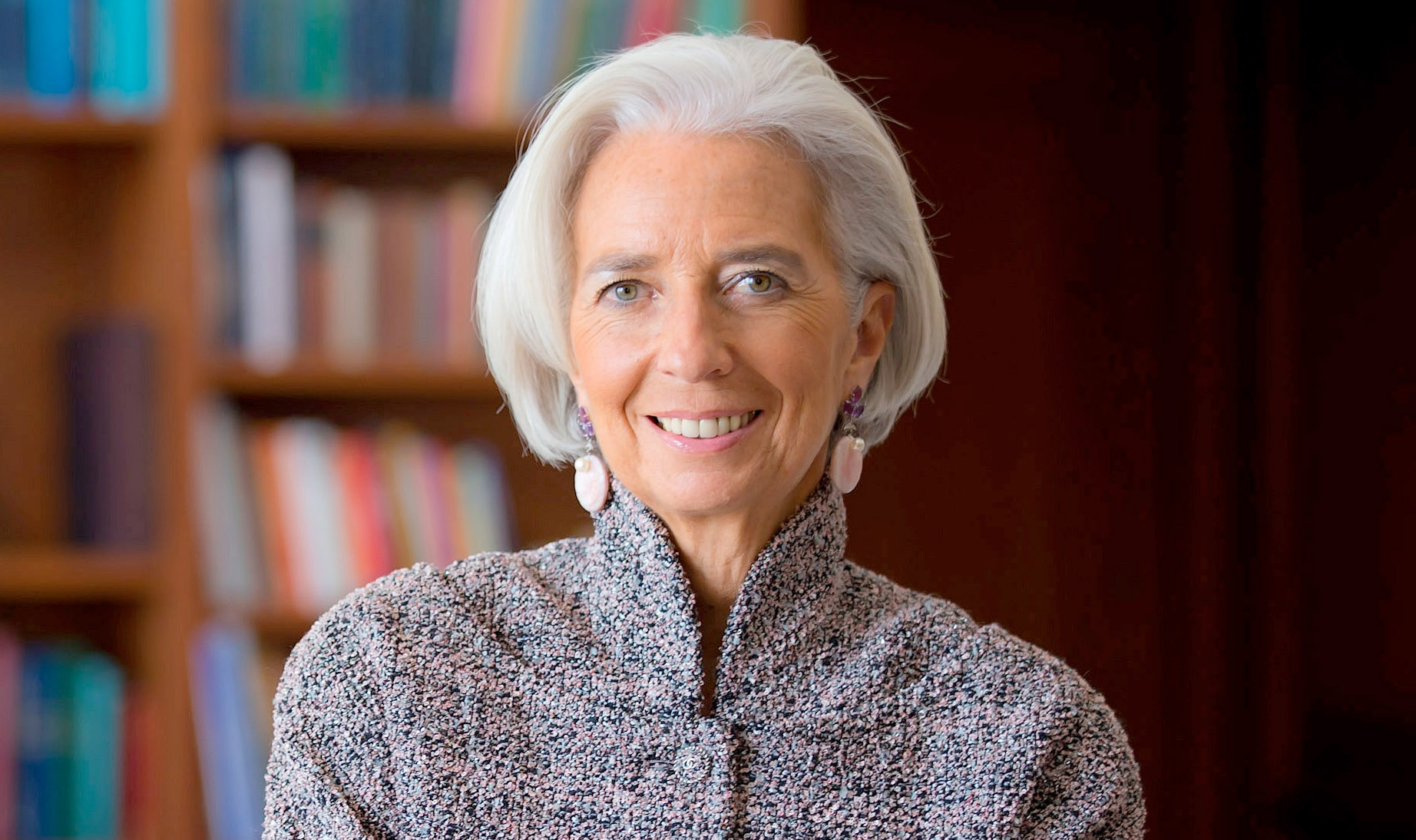- Filter by
- Categories
- Tags
- Authors
- Show all
- All
- Blog
- Events
- Fiscal Alerts
- Library
- News & Events
- Occasional Papers
- Opinions
- Policy Briefs
- Press Release
- Publications
- Speeches
- Trending
- Uncategorized
- All
- 2015 Budget
- 2016 Budget
- 2017 Budget
- 2018 budget
- 2019 Budget
- Advertising
- Agricultural
- Analysis
- Annuity
- Benefits
- Budget
- Budget Analysis
- Budget deficit
- Budget Performance
- Budget Review
- Budget Statement
- Burkina Faso
- Capital Expenditure
- century bond
- Climate Change
- Crises
- cross-cutting
- Crude Oil Price
- Debt
- Debt sustainability
- Debt to GDP
- Debt trap
- Domestic Revenue
- Economic Analysis
- Economic Development
- Economic growth
- Economic Policy
- Economic Policy in Ghana
- Economic Shocks
- Economy
- El nino
- Employment
- Energy sector
- Exchange rate
- Expenditure Arrears
- Extended Credit Facility
- Extractive
- Financial Sector
- Fiscal consolidation
- Fiscal Decentralization
- Fiscal Deficit
- fiscal discipline
- Fiscal Incentives
- Fiscal performance
- Fiscal Policy
- Fiscal Rigidities
- Fiscal stability
- GDP
- GDP growth
- Ghana beyond Aid
- IMF
- IMF Program
- IMF support
- Income
- Industrilization
- Industrilization policy and programs
- Inflation
- Insurance sector
- Integrity
- Interest cost
- Labour
- long term bond
- Macroeconomic stability
- Manufacturing
- Manufacturing sector
- Mid-year
- Mid-Year Budget
- Mid-Year Review
- Mobilizing revenue
- National Population Census Data
- NPRA
- PAYG
- Pension
- Post-Independence Ghana
- Poverty Reduction
- Pre Budget Statement
- Pre-Budget Forum
- Pre-Independence Ghana
- Priorities
- Provident Fund
- Public Debt
- Public Debt and Sustainability:
- Public dept
- Renewable Energy
- Restructuring
- Retirement
- Revenue earmarking
- Revenue Mobilization
- Sectors
- Services
- Social polcy
- Social security
- SOEs
- SSNIT
- State of Economy
- Sustainable growth
- Tax
- Tax Revenue
- Tier 2
- Tier 3
- Tire 1
- Unemployment
- Unemployment in Ghana
July 31, 2015
Ghana’s medium-term development prospects have been put at risk after two decades of strong and broadly inclusive growth, due to large fiscal and external imbalances in recent years which have led to a slowdown of economic growth. To address these imbalances and safeguard the bright medium term prospects of the economy, the government embarked on its homegrown economic and financial program, but policy slippages, exogenous shocks, rising interest costs, and acute power shortages undermined the effort. With no option left, the government approached the IMF for a medium term program to enable the country obtain some balance of payments support […]
Do you like it?
July 31, 2015
Occasional Paper 4. Ghana: The 2015 Mid-Year Budget Review On July 12, 2015 the Minister for Finance presented to Parliament a mid-year review of the 2015 budget, the performance of the economy during 2014 and the Supplementary Estimates. The presentation revealed that, Ghana’s fiscal performance showed a significant improvement during the first five months of 2015, with the fiscal deficit being less than the target for the period driven by improved revenue mobilization and expenditure containment. Click here to read full report
Do you like it?
July 31, 2015
Fiscal Alert 1: Ghana – The 2015 Mid-Year Budget Review On July 12, 2015, the government tabled in Parliament for discussion and approval a mid-year review of the 2015 Budget and supplementary estimates for the 2015 financial year. Prior to that, on June 30, 2015, the IMF had issued its first review press statement on Ghana’s Extended Credit Facility (ECF) program. This brief reviews the mid-year budget and assesses the basis for the government’s revision of the 2015 Budget. Click here to read the full report
Do you like it?
June 1, 2015
Ghana’s public debt situation has worsened in recent years and the country now faces a high risk of debt distress and increased overall debt vulnerability. Total public debt service-to-revenue ratio (including payments on external and domestic debt) has not only assumed a rapidly increasing path but has breached its indicative long term threshold. Debt service now absorbs a large part of domestic revenues, leaving the country vulnerable to shocks. All other debt indicators have deteriorated owing to deteriorated domestic and external borrowing conditions, weak fiscal consolidation, and weakening of the domestic currency. Maintaining the country’s debt sustainability will require a […]
Do you like it?
April 15, 2015
RE: Government’s Response to IFS/IMANI Press Statement On Tuesday, 7 April, 2015, the Institute for Fiscal Studies (IFS) and IMANI jointly issued a Press Statement in which the two think-tanks advanced a position that the loss of GH₵2.7 billion worth of revenue to the 2015 Budget from the decline in crude oil prices could have been avoided or mitigated, if the Minister of Finance had taken steps to resume the hedging program that was implemented in the 2010-2012 period. Click here to view the full statement
Do you like it?
April 7, 2015
Press Statement By IFS and IMANI On Thursday, 12 March 2015, the Minister for Finance appeared before Parliament to make a statement on the implications of the falling crude oil prices on the 2015 Budget. The Minister also used the opportunity to inform the House of the steps government has taken to address the issue to ensure that its macroeconomic objectives are achieved. Click here to view the full statement
Do you like it?


